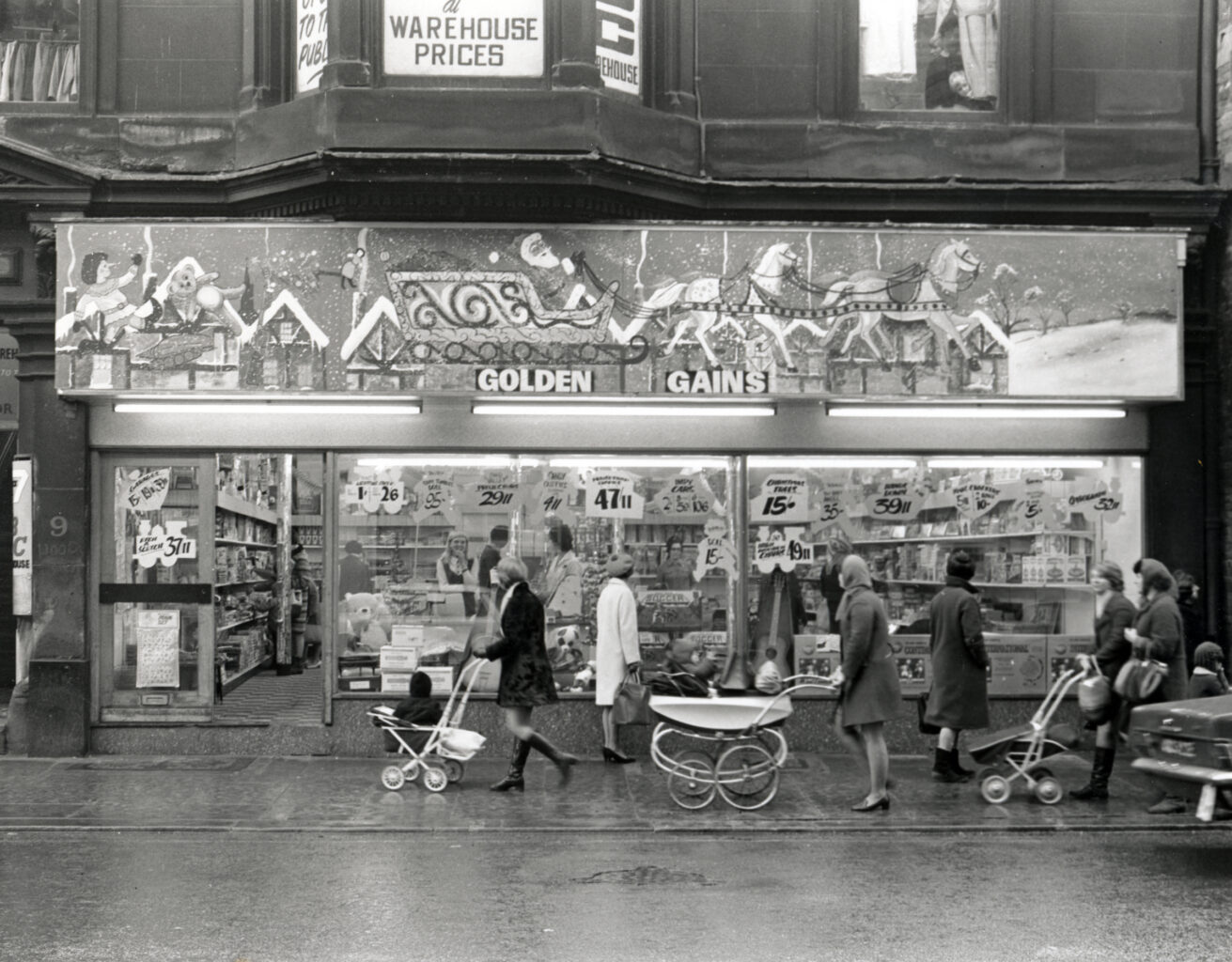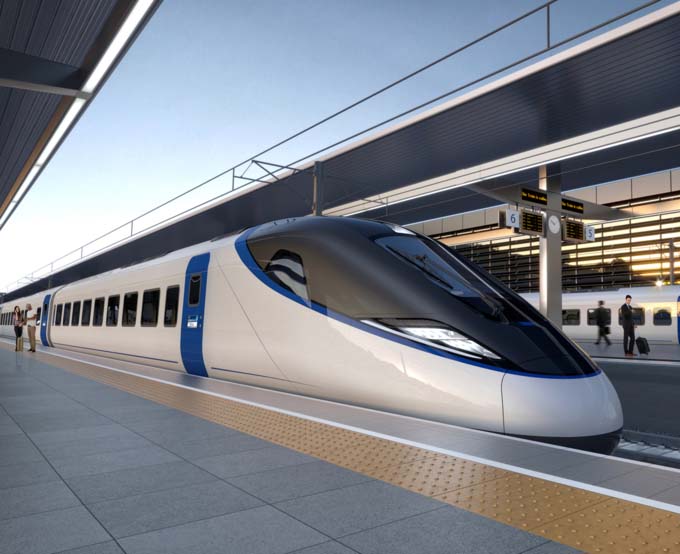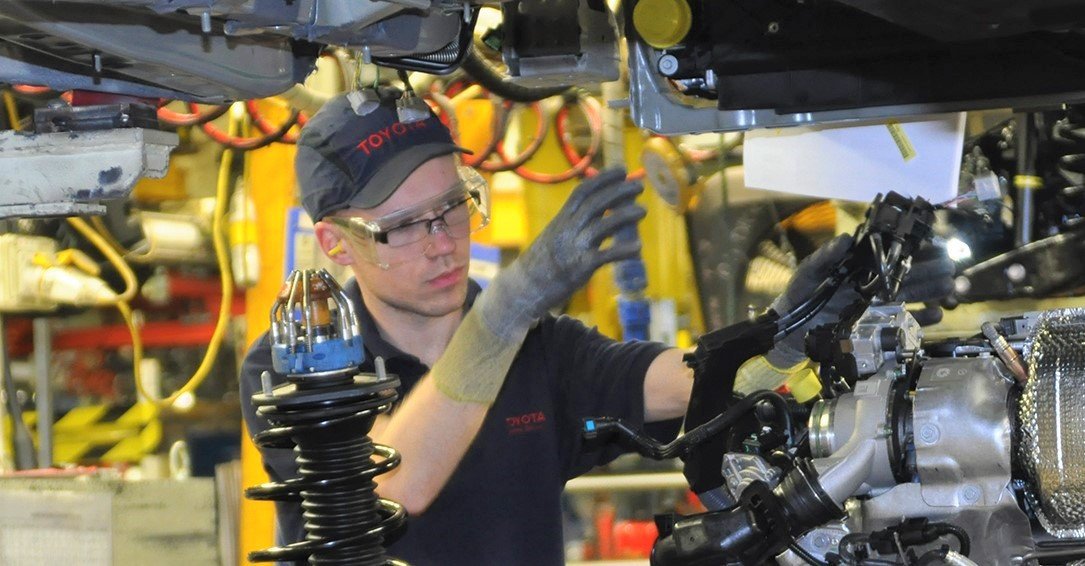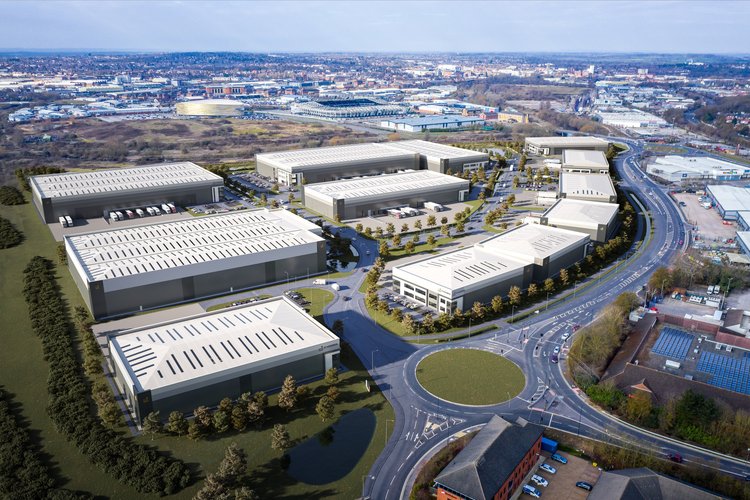Latest News | 30 March 2023
Trust me, Derby will deliver

“Double-digit inflation,
Can’t take a train,
there’s a strike at the station,
So, don’t push me
Cos, I’m close to the edge …”
The hard-knock lyrics from the Message – the iconic 1982 hit by Bronx rappers Grandmaster Flash and the Furious Five – once again feel uncomfortably contemporary.
Those of us above a certain age can remember the harsh world of the 1970s and 80s and its associated troubles. The winter of discontent, strikes, inflation, recession and the fear of a cold war turning hot – we genuinely hoped we’d never see the likes of it again.

Whilst there are some fundamental differences – not least the absence of mass unemployment which puts some clear water between then and now – there is still a sense of deja-vu in the economic and social challenges we face today.
All we need to complete the 1970s Boxset set is a tussle with the IMF and maybe an announcement that Fawlty Towers is returning with a new series…
Something is clearly in the air.
The 2008 crash, Brexit, Covid and the war in Ukraine have all conspired to create a sense of uncertainty and angst that expresses itself in different ways – from rundown High Streets to the great resignation.
The macro-economic picture remains tough, so please, do hang on to your hats whist I first lay out some of its harsh lowlights.
Not repeating what you already know – the rampant inflation, rising interest rates and the cost-of-living/energy crisis – the UK is now the only developed country with an economy smaller today than it was in 2019, before Covid.
Our GDP is predicted to continue flatlining during 2023 (worryingly we are slated to have the lowest growth, behind even Russia) though, in truth, anaemic growth has been a UK economic trend that goes back decades.
Similarly, our productivity is sluggish and lags behind our competitors, with workers in countries such as USA and France being significantly productive compared to that of the UK.
Corporate insolvencies stand at a 13-year high (a shocking 57% increase in the past year), trade and inward investment are both down. To add to this, we have lost 460,000 EU workers since Brexit and a further 500,000 have chosen to exit the world of work (leading to serious staff shortages that itself are a further drag on growth).
I appreciate that all of this makes for uncomfortable reading but it is the reality and we know that ignoring a problem doesn’t help solve it.
In short, possibly since the 1970s, and certainly since 2008, the uncomfortable truth is that the UK economy has suffered from chronic underinvestment in the public and business sectors, in both people and capital.
Underpinning this has been an addiction to short-term thinking and actions, too many business managers incentivised by near-term share price, too much chopping and changing in government policies and plans, leading to psychodramas such as HS2.

So, considering all of the above why does my glass remain determinably half full?
Well, this is the point at which I am able to differentiate between the UK macro-picture and our local micro-picture – that is our place, Derby and Derbyshire.
Our economy is a bit of an outlier in that we continue to make things that other people want to buy – in other words, we manufacture. Since the 1980s, many places, especially in the midlands and north, lost their traditional manufacturing economies to be replaced in many cases by low skilled services.
In some respects, we were fortunate in that our two main sectors – aerospace and rail – dominated by two massive OEMs (Rolls-Royce and Alstom), didn’t just survive but thrived. They moved up the technology ladder and were thus able to take advantage of global markets and growth.
Supplement this with the arrival 30-years ago of an automotive giant (Toyota Manufacturing UK) and the current rapid growth in maybe the highest technology of them all – nuclear – and it’s easy to understand why this part of the world features at the top of so many economic measure tables.

A recent report places Derby as one of the most prosperous economies in the UK and the recent launch of training academies at Alstom and Rolls-Royce Nuclear (added to by Toyota’s new Beyond green technology centre) paves a positive path to the future.
I appreciate all is not green in the Derby garden as we face significant challenges in inequalities, low social mobility and city centre repurposing.
However, how better to have to meet these challenges from the secure foundation of a dynamic economy based on innovation?
Two inward investments we have recently won for the city illustrate this direction of travel.
Vaillant is a German-based manufacturer of gas boiler and home-heating products with its UK centre in Belper. The company has recently chosen Derbyshire and Derby to manufacture its green-tech heat pumps which will eventually replace the gas boilers in our homes.
Their £40m, 200+ job investment into St Modwen Park Derby is the first major deal since New York based Blackstone agreed to invest £45m in speculatively building out the first phase of what, in the past, we knew as the Chaddesden Triangle.

Vaillant will be taking a chunky 120,000 sq ft of space on the park.
Complementing this is the announcement that Getinge, the Swedish-based healthcare firm, is relocating its Quadralene business also to St Modwen Park, as well making Derby its UK HQ and housing its World Centre of Excellence in Chemistry here.
What brilliant investment stories these two make, a perfect fit for our innovation-based economy.
Marketing Derby and Derby City Council have been quietly working behind the scenes for over 18-months in trying to help make these happen, contributing to our ambition to diversify and decarbonise.
So, how do I pull together gloomy national and positive local pictures?
What do places like Derby and Derbyshire – the businesses and communities within them – need from UK plc and its government if we are to thrive?
Put simply, certainty.
All investments – from consumer-based (individual) decisions to eat out or buy a new car, up to business and corporate decisions to expand or build a new factory – require some confidence in the future which certainty makes such decisions easier to make.
We need the government to think beyond the next election – never mind the daily media cycle – and businesses to think beyond tomorrow’s share price.
Throw in greater devolution and trust and we might then see a flourishing of local economies which, from the bottom up, can contribute to turning round good ship UK plc as well as tackle our local mobility and city repurposing challenges.


